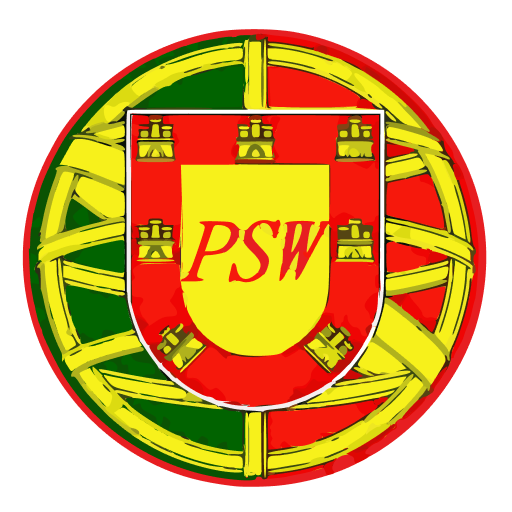Over the years I have taught many an expat and one constant confusion among learners seems to be how to pronounce the verb ‘estar’. This is a very important verb indeed and knowing how to pronounce, ‘está’, correctly in European Portuguese, is a must!
Break bad habits now!
You may feel that learning this language can feel daunting and at times and that you are getting nowhere. However, there are tricks to help you progress quickly and one of them is starting off on the right foot. Especially regarding this most used verb. Otherwise, you will learn bad habits which are harder to correct later on.
Learning the vowel sounds is a great way to start. Take a look at Basic Vowel Sounds here. In addition to the basic vowel sounds we have vowels with accents. These will change their sound slightly. Depending on where they fall in a word.
The letter ‘a’.
Let’s take the letter ‘a’. At the beginning of a word it is slightly closed. When standing alone as the word, ‘the’ it is also a little closed. (Capitals denote stress).
Aquecer – to heat up (kind of like ‘eh- keh-SAIR’)
A – the (eh)
However, an accent opens the vowel more. The accent tells us where to stress the word :
Água – water (now it is more like ‘AH-gweh’)
Farmácia – Chemist (Far-MÁ-cia)
Note that at the end of a word the ‘a’ is also flattened a little.
Obrigada – thank you. (Oh-bree-GAH-deh)
Senhora – lady / madame. (Se-NYOR-eh)
How do we pronounce ‘está’ em European Portuguese?
This word is often confused with the word ‘esta’ which means ‘this’ in English. But they are pronounced differently. One has an accent and the other doesn’t.
However, when students are learning Portuguese they are not always aware that the stress in this word will fall on the last syllable. Therefore they end up pronouncing it as ‘ES-ta’ – which means ‘this’ instead of ‘es-TÁ’, which means ‘is’.
This verb is used for basic greetings when asking people how they are.
Bom dia. Como está? (Good morning. How are you?)
Listen to the audio below. The audio can be slowed down or paused at any time.
Ana: Bom dia.
Tina: Bom dia. Como está?
Ana: Estou bem, obrigada. E a senhora?
Tina: Estou muito bem. Obrigada.
Practice this greeting until you can say it flawlessly as it will come in very handy indeed the future.
Any questions? Let me know in the comments below.
Be sure to check out the video on YouTube, where you will be able to practice your Portuguese listening skills too!
